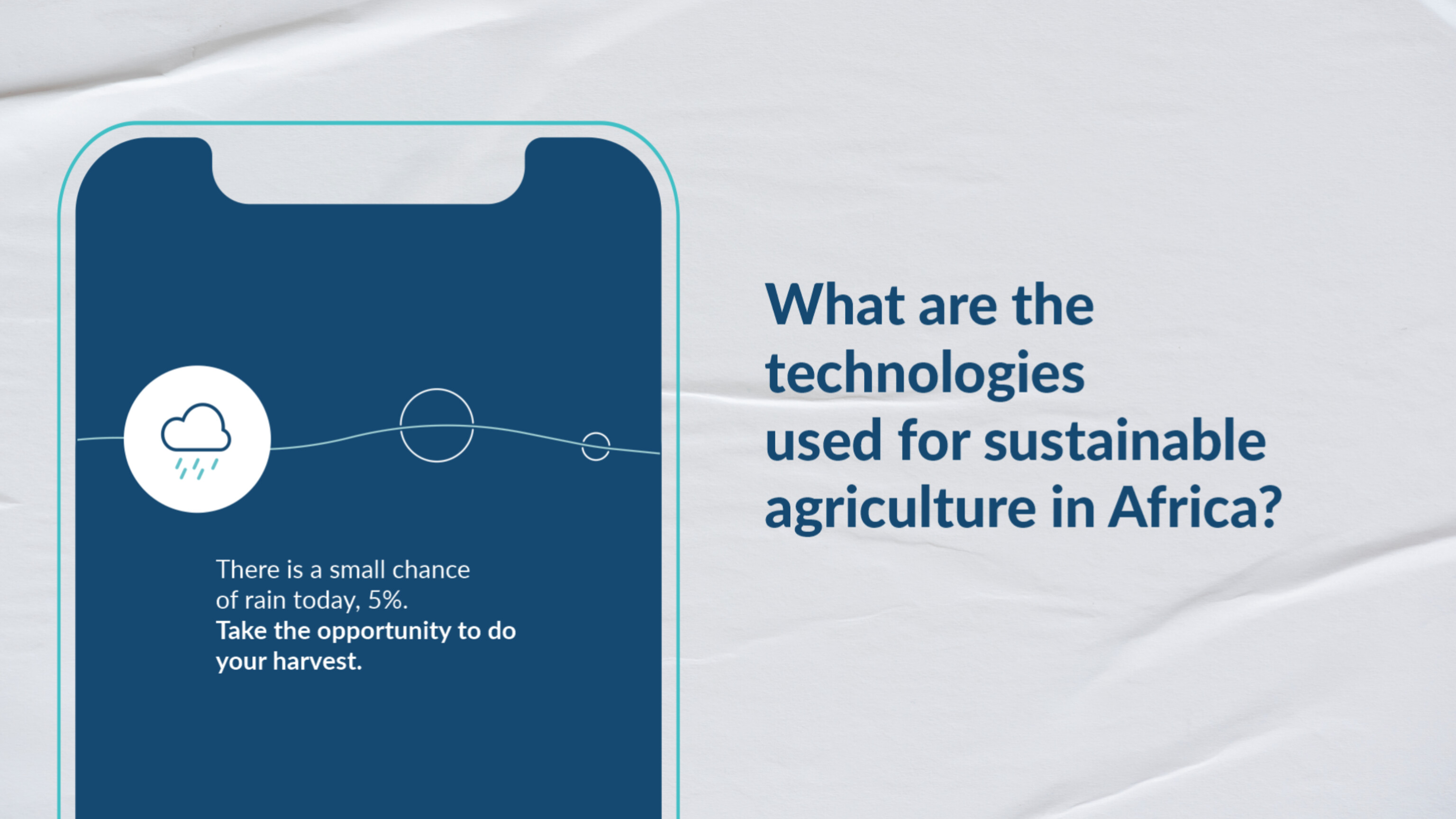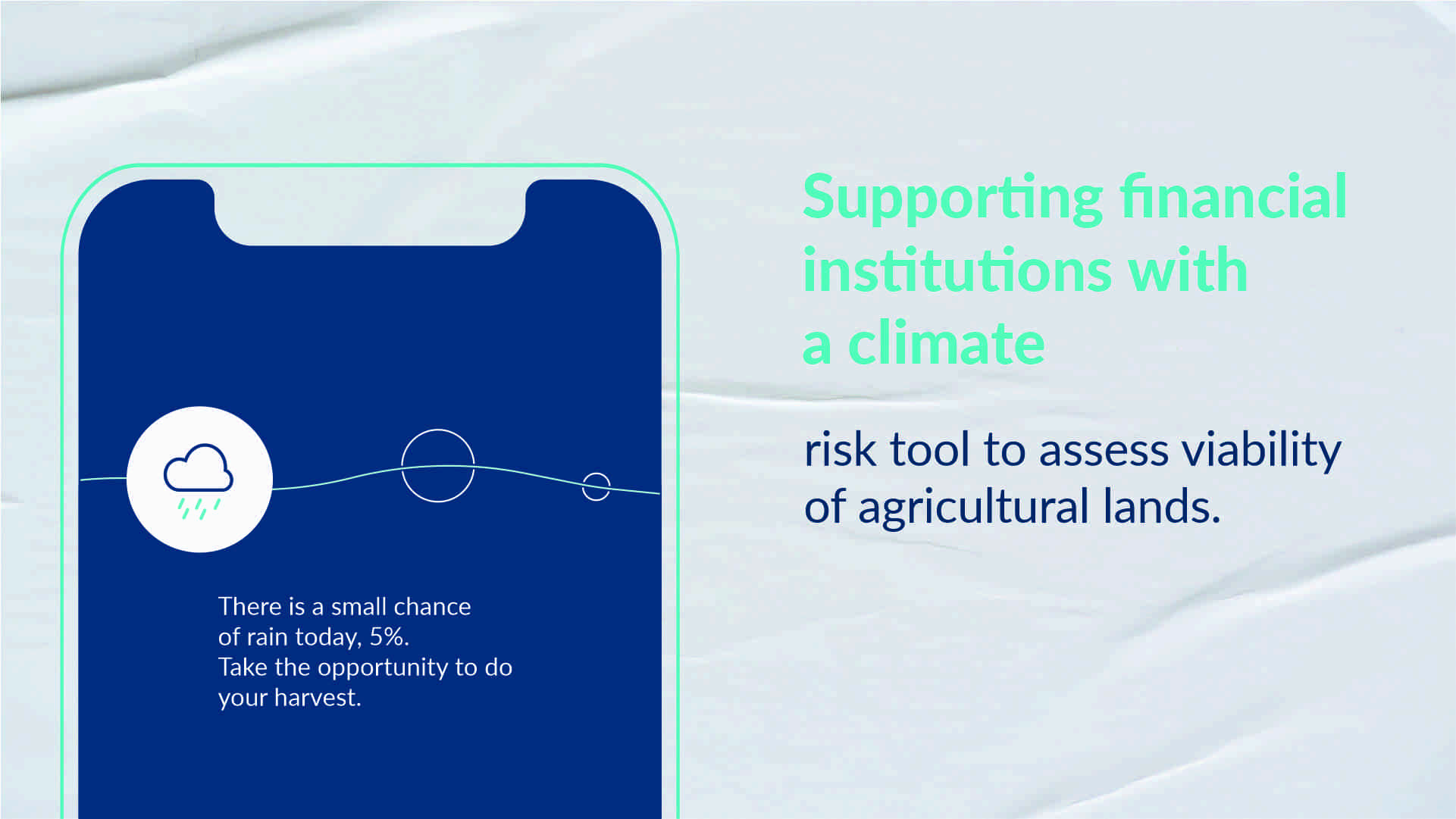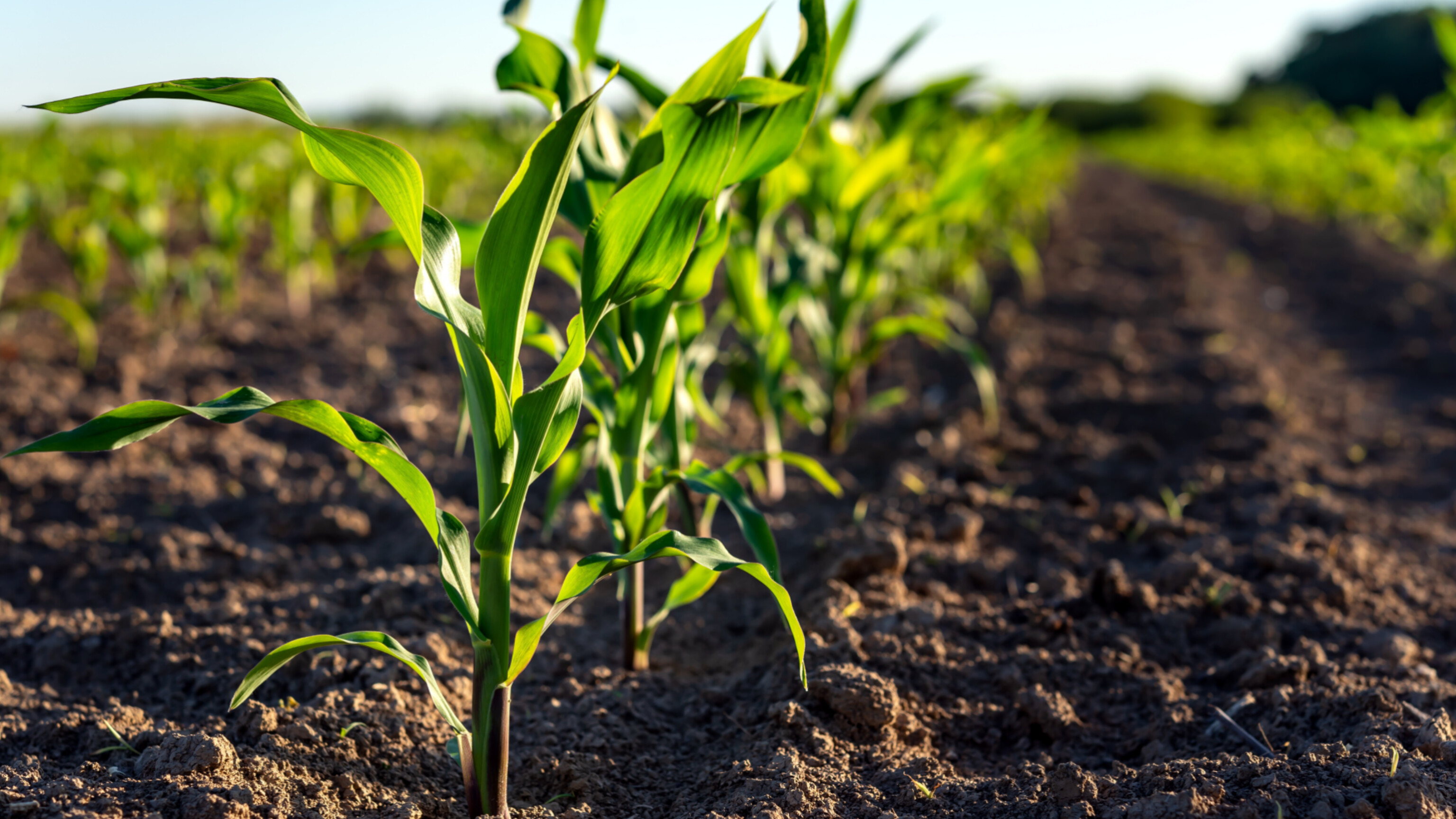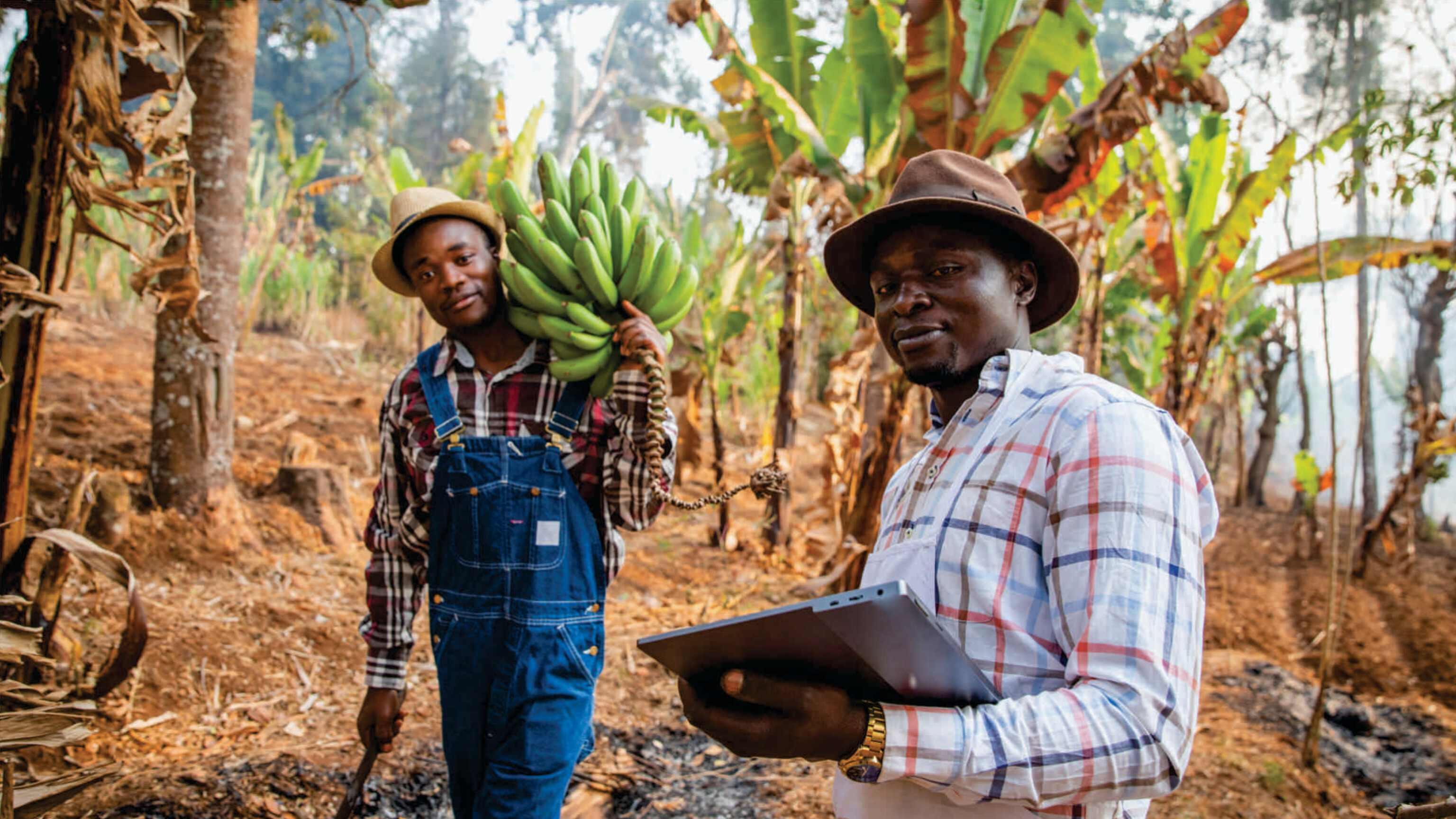In modern farming, many technologies are being developed to aid farmers reduce greenhouse gas emissions while meeting their demands. Sustainable agricultural technologies are technologies that reduce the negative effects on biodiversity, air, land, and water. Ultimately, the goal is to increase yields at the lowest possible cost.
In this blog, we will have a look at the most efficient technologies used by farmers in Africa to achieve sustainability in agriculture. These technologies are invented to curb things like drought stress which harm crops and reduce yields. These technologies include:
Precision Agriculture
Precision agriculture uses close to real-time measurement, observation, and responses to manage crop variability. This method aims at saving costs, increasing yields, increasing process inputs while making farming more sustainable while simultaneously increasing profitability.
Some examples used in precision agriculture include:
- Semi-automated steered vehicles- with new technology, comes lots of new information. These vehicles are designed for agricultural and off-highway use. They do not have a cockpit and related accessories. They are guided by a video-assisted remote-control system.
- Fertilizer-dosing equipment- these systems place the mineral fertilizers exactly where they are needed and in the right amounts.
- Agricultural drones- farmers are adopting the use of drones in different aspects of their production. They carry different sensors and cameras that monitor plant growing conditions other than spraying chemicals and capturing aerial imagery.
- Technology for remote fleet management – GPS and advanced telemetry systems have a positive effect in agricultural fleet management. The most basic system can find equipment being used. These systems can give precise information like fuel usage, engine speed, and can also give immediate alerts. In addition, the data collected is analyzed and can be able to detect where a specific crop input is needed and where it is not needed. Eventually, the aim is to make maximum use of equipment.
Water Management Technology
Water is one of the most precious resources needed for survival. A rise in population leads to an increase in water usage. However, this is hindered greatly by the effects of climate change such as drought. Therefore, it is important to manage our water supply and wastewater disposal.
Attention should be paid to technologies like:
- Technologies to desalinate sea water because 99% of water on earth is not safe for drinking.
- Technologies that manage water usage on large farms with very intelligent sensors. This technology combines water conservation with electric power generation, pollution control, and prevention of floods.
Water scarcity is a significant challenge in many parts of Africa. Water management technology helps optimize water usage by incorporating soil moisture sensors, weather data, and irrigation scheduling algorithms. By delivering the right amount of water at the right time, these systems save water and increase crop productivity.
Bee Vectoring
Bee vectoring technology is nature’s solution for yielding healthy plants unlike traditional pest management which includes use of harmful chemicals. Climate change has a huge impact on pests that breed outdoors. Global warming changes the survival and breeding zones of these insects and creates new challenges in agriculture.
Bee vectoring technology uses plant pollinators to deliver pest control vectors with exact efficiency, leaving only a small carbon footprint. This bee will fly out from its hive into the field to pollinate plants and come back.
The process is efficient, effective, and uses less chemicals, machinery, and greenhouse gas emissions. Additionally, the process requires no water but increases crop yields, quality and shelf-life.
Ocean Farming
Ocean farming basically involves keeping kelp and shellfish in underwater gardens to help prevent the impacts of warming waters. The ocean offers lots of space and environment and many kinds of different shellfish and kelp.
Kelp is full of nutrients like calcium, iron, potassium and fiber. It is also used to make non-food products for farming and can be used as plant fertilizer.
Indoor Vertical Farming
Indoor Vertical Farming is basically taking the controlled greenhouse environment and stacking plants in a vertical manner on shelves inside it to make use of the space. This method produces ten times the yields of land.
This method is also of great advantage in such a manner that you can grow crops all year round regardless of the weather conditions and seasons.
Indoor Vertical Farming also uses 70-95% less water compared to traditional outdoor farms since they recollect and recycle used water.
This method works best for vegetables, herbs, and berries.
Agroforestry
This is a sustainable farming practice that combines the cultivation of trees with crops or livestock. Agroforestry helps improve soil fertility, conserve water, and provide additional income sources for farmers.
Conservation Agriculture
This approach involves minimal soil disturbance, crop residue retention, and crop rotation to enhance soil health and reduce erosion. Conservation agriculture helps preserve the natural resource base, increase yields, and improve farmers’ resilience to climate change.
Mobile Applications
Mobile apps are being developed to provide small-scale farmers with access to information on crop management techniques, weather forecasts, market prices, and more. These apps empower farmers to make informed decisions and increase their productivity.
Summary
Building a sustainable future in agriculture requires technological innovations, especially with the ever-rising demand for food. Adopting the above-mentioned technologies helps reduce usage of resources, increases yields, and reduces environmental impacts. Let us join hands and work towards sustainable agricultural systems.
References
https://www.informationweek.com/big-data/technology-feeds-sustainable-agriculture






